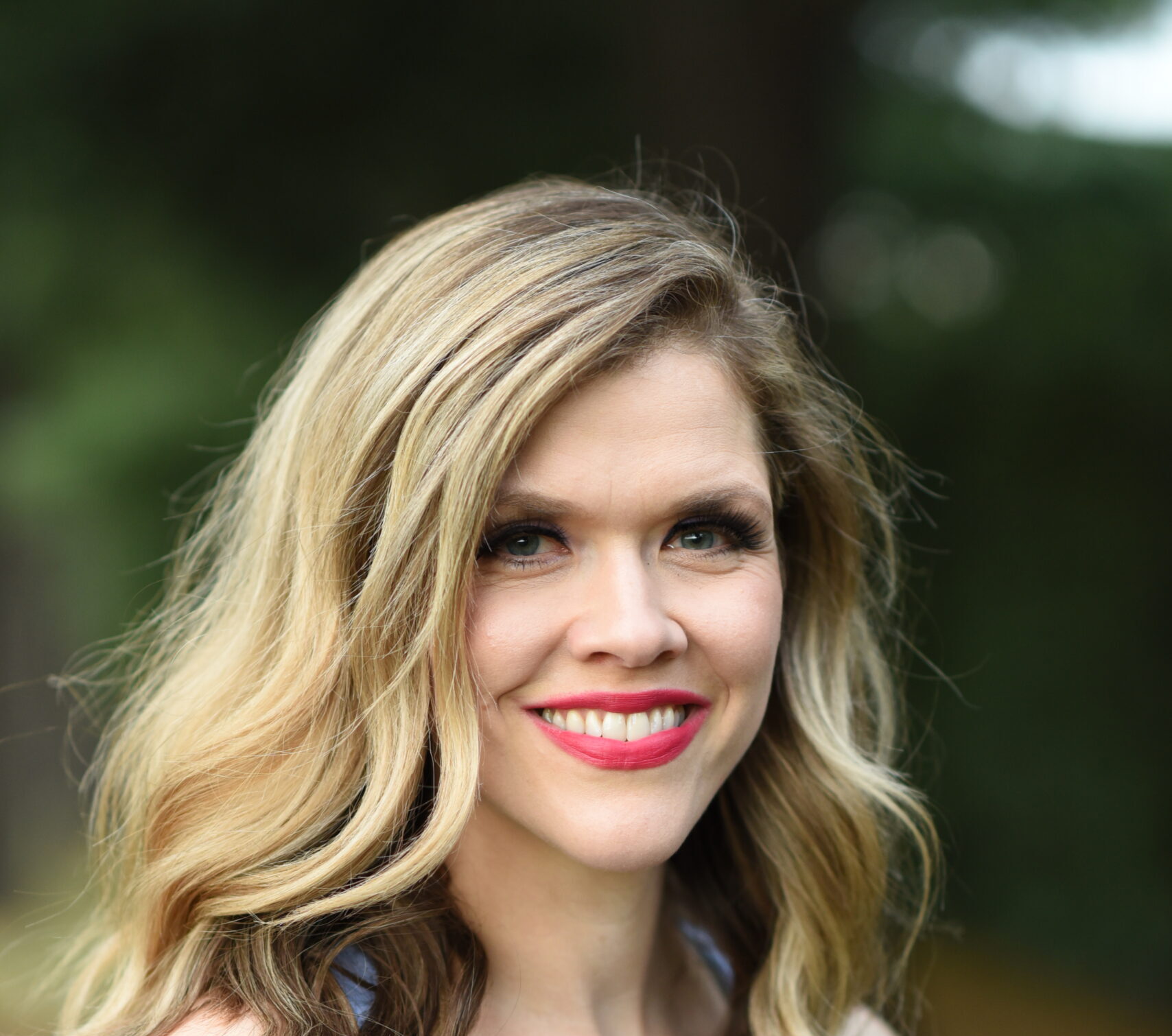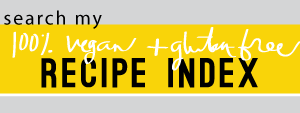 [Please see an updated post as of March 2012, on the oil issue, here.]
[Please see an updated post as of March 2012, on the oil issue, here.]
Oils, on the other hand, well that’s a different story. Asking a vegan to part with their oil, well for some, that’s heresy. Look in many popular vegan cookbooks, and you will find oil (usually canola or olive oil) in nearly every recipe.
I don’t add oils to my diet (any oil, including the often touted “heart healthy” olive oil). Why not??? Many people curiously, sometimes defensively, or worriedly ask. I will answer that question, but first, some observations.
There are very few people that I know of who tout the benefits of oil and who are thin, trim, and vibrantly healthy. In fact, I can think of none off the top of my head. Granted, they may be eating other things that contribute to excess weight, but it doesn’t help their argument.
Next, there are some who switch over to a plant-based diet but throw in the towel after awhile because, their cholesterol level isn’t budging, they’re not losing the weight that they wanted, they are still having blood sugar issues, ect. On closer inspection of what they have actually been eating however, more often than not, their diet is loaded with excess saturated fat and calories from visible and hidden oils and fats (and/or their diet is full of refined sugars and flours which raise triglycerides, or blood fats). They just can’t give up the bottle (bottle of oil, that is), or jar of peanut butter, tub of margarine, jar of nuts, or what have you.
Here’s a great example as told by Dr. Esselstyn (who advocates, btw, absolutely no oil or nuts for his heart disease patients) in his book Prevent & Reverse Heart Disease that illustrates this point beautifully:
In the summer of 2004, I had a call from the Reverend William Valentine of North Carolina. In 1990, he had undergone a quintuple coronary bypass. Since that surgery, he had been carefully following a plant-based nutrition program. His weight had fallen from 210 pounds to a trim 156, which he had maintained over the years. But by mid-2004, he was experiencing a recurrence of angina, especially when he exercised, and sometimes even while resting.
He had read about my program in a health newsletter , and he wanted my advice. He was extremely anxious about undergoing any repeat bypass surgery or intervention, and wanted very much to avoid it. But he couldn’t imagine what more he could do, on his own, to curb the angina. And since he was eating whole grains, legumes, vegetables, and fruit, I was initially baffled.
At a loss for suggestions, I asked the Reverend Valentine to tell me, once again, everything he was eating, and to leave out absolutely nothing. This time, he added to the list. HE had forgotten, he said to mention that was consuming “heart healthy” olive oil at every lunch and dinner and in salads.
It was what they call a Eureka moment. Immediately, I advised him to give up the olive oil. He did–and within seven weeks, his angina had completely disappeared.
(pgs. 85-86)
If you were to eat 2000 calories of nothing but brown rice, for example, you would consume roughly 19 grams of fat. There is a great difference between a truly fat-free diet (which would have to consist of nothing but white rice, white flour, white sugar, and few fat-free fruits, not a healthy diet by any stretch of the imagination) and a low fat whole foods diet.
To quote Dr. Furhman, “When the fats you consume are from whole food, rather than oil, you gain nature’s protective package: a balance of vitamins, minerals, fibers, and phytonutrients.” (Eat to Live, pg. 133). Further, it’s common knowledge (or should be), that fried foods are by no means health foods. Here’s further explanation why:
When oils are subject to heat, the chemical structure of the essential fatty acids are changed to toxic derivatives know as lipid peroxides and other toxic potentially cancer-causing by-products. Clearly, it is best to avoid fried foods and heated oils, not only because they will destroy your chances to achieve a normal weight but because they are also potentially cancer-causing. (pg. 130)
Not convinced yet?
2. You want to lose weight? Lose the fat in your diet. In my early days as a vegan, I ate a mostly raw/all raw diet and didn’t lose an ounce. I’m convinced it was because I didn’t get enough calories through fruit so I had to get it through high fat foods such as nuts and oil. Easy to overconsume these things and I didn’t lose a pound. As soon as I switched to a low fat whole foods diet (which included more cooked food), the weight came off naturally.
3. It’s actually quite easy (after the initial adjustment and learning curve) to cook/eat without oil. Once you take it out you wonder why you ever added all of those extra calories in the first place. For easy replacements for oil in cooking and baking, click here.
4. Would you drink oil? I wouldn’t. The thought makes me gag. It only tastes good in conjunction with other foods. This alone, disqualifies it from being a whole food.



Comments